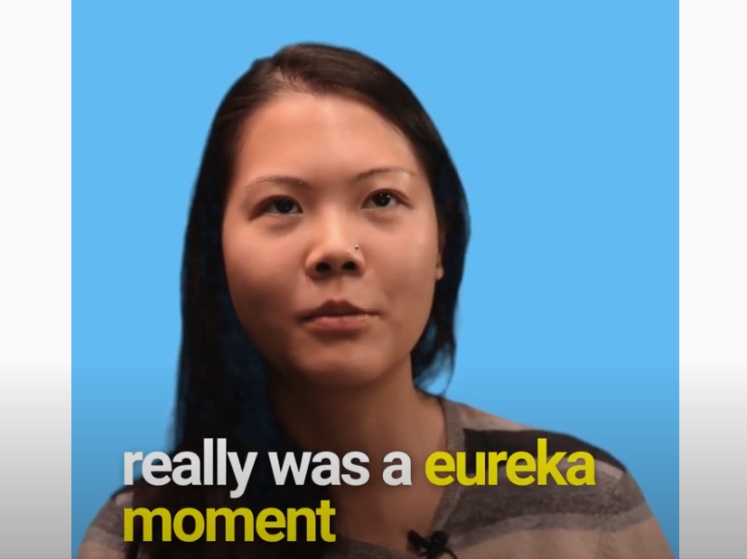What are your strengths when it comes to planning projects, collecting data, and analysing and evaluating results? Research skills are critical to your studies at LSE and beyond, and can help prepare you for future academic studies as well as for success in non-academic careers from product development to business intelligence.
As well as embedding more investigative projects into your curriculum, we're creating further School- and department-wide opportunities to feed your academic curiosity. On this page, you can find guidance on shaping your development as a critical investigator and learn about opportunities and tools to help you get stuck into your own research projects.
How can you continue developing as an investigator and researcher?
- Get funding to carry out a student-led research project through LSE Change Makers.
- Share your ideas with your peers, academics and the wider world through opportunities such as the LSE Festival (more information coming soon).
- Ask your department about research internships and assistantships. You can find information about schemes in specific departments here.
- Undertake original research through LSE GROUPS. Work in a small group of students, of mixed years and disciplines, with a supervisor, to be part of an immersive, engaging and a unique learning experience. Develop your skills and write and present a paper at a final conference.
- Get involved with research at LSE and gain more exposure to different experiment designs by participating in studies at the Behavioural Lab for Teaching and Research - and get paid for your time!
What are LSE students doing outside the classroom?
 What’s your eureka moment? Watch students reflect on their LSE experience and getting the most out of our research resources.
What’s your eureka moment? Watch students reflect on their LSE experience and getting the most out of our research resources.
What’s your eureka moment? Watch students reflect on their LSE experience and getting the most out of our research resources.
What’s your eureka moment? Watch students reflect on their LSE experience and getting the most out of our research resources.
The research project may be challenging at times, but you will overcome these challenges with your teammates collectively, learn and thrive during the process!
Angela from the Department of Government on her undergraduate research experience with LSE GROUPS.
Not only was I given the chance to carry out academic research, it also gave me the opportunity to build valuable skills that open doors to new and exciting opportunities. On a larger scale, once the research is released, it is in the public domain, and we feel a warm glow knowing that it fills a gap in a particular field of research.
Brooklyn from the Department of Economics on his undergraduate research experience with LSE GROUPS.
Click the links to find out more about Angela, Brooklyn, and LSE GROUPS.
Analysing and evaluating evidence to make an informed judgement is an important skill you'll continue to develop throughout your time at university.
As a researcher , you need to be able to analyse data, pick apart arguments and insights to uncover trends and then link those pieces together to develop your own argument.
Working together on group projects enables you to investigate questions that are even more ambitious in scope. Whether you’re working in a team for a class assignment or as part of an LSE Change Makers project, considering a career in academia or working in a professional setting, being able to work together with others in a group while taking accountability for your role will help you to succeed.
How can you approach your question, obstacle or challenge in a different way? Maybe it’s casting a different light upon existing facts, filling in gaps to see the bigger picture, or changing the focus of the question itself.
Hone your research capabilities by getting into the habit of searching for new ideas, actively engaging with accepted thinking and constantly questioning the relevance, impact and potential of different positions.
Expressing your ideas and findings in the right way for the right audience can change the way peers, professors and the public engage with your work. It’s how your research will be disseminated and applied, so think about the different ways you can maximise the impact of your findings.